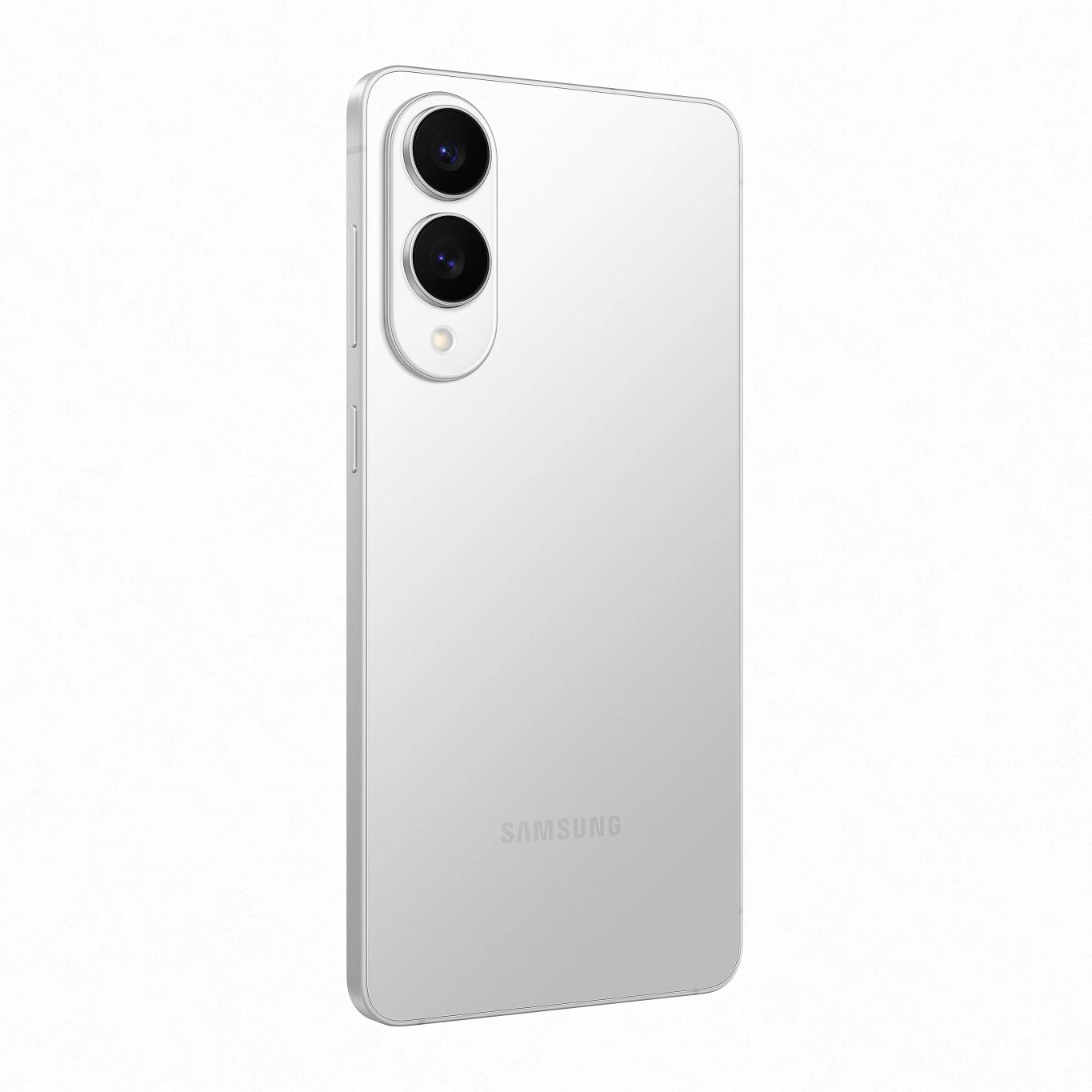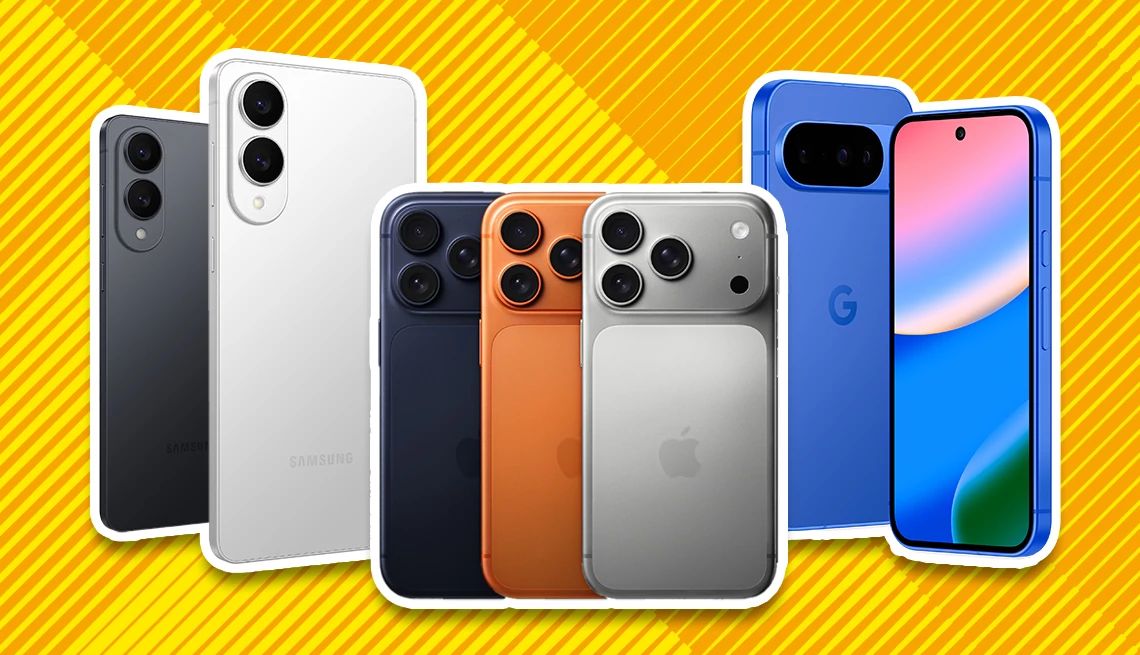Though foldables have been around for several years — Samsung was a pioneer — these hybrid phone/tablets are still something of a niche. But they could appeal to older adults with disposable income, given the devices’ relatively large, easier-on-the-eye displays in tablet mode.
Leaning on AI, Better Cameras
All of these mainstream phones rely on varying degrees of artificial intelligence. They boast features that showcase hocus-pocus AI tricks, some but not all of which are useful.
By now, for instance, all the top phones let you edit out unwelcome objects that mar the background of what would otherwise be a very nice photo.
In general, new devices get improved cameras and photo features that sometimes feel incremental, especially if you already have a phone with a decent camera, which most top-echelon devices have had for several years.
But if you’re constantly taking pictures of the grandkids, say, and it’s been some years since you bought your last phone, you might consider taking the plunge now. The current generation of smartphone cameras is collectively excellent.

New Galaxy cellphone from Samsung
Courtesy Samsung
With the Pixel 10 series, Google has added a potentially helpful Gemini AI-powered feature called Camera Coach. It offers step-by-step tips on lighting, zoom, framing and so on while you’re composing your shot.
You may see Camera Coach provide a recommendation to tilt the phone to focus on something else. Or it may advise to change the zoom, say, to 2x.
For its part, across the new iPhone 17 line, Apple introduced a front camera feature it calls Center Stage that should appeal to people who routinely take selfies — and that’s many of us. With the feature, you no longer have to awkwardly rotate the device to produce selfie pictures and videos in landscape mode. The feature leverages machine learning to adjust the field of view and keep you centered in the frame — a major upgrade.
“Getting rid of objects or people that you don’t want in your frame, combining people together to get the best shot with your eyes open — all of those things are amazing and usable by regular people,” said Avi Greengart, a tech analyst with Techsponential in New Jersey who attended Apple’s event but was speaking more generally about AI and smartphones. “When it comes to ‘Do I want my phone to give me a good-morning briefing?,’ the answer is yes, but I mainly want to know weather and traffic, and you don’t need AI for that.”
Google’s Magic Cue AI tool, new with the latest Pixels, is still in its early stages and according to early reviews has been a mixed bag so far. But the promise is that Magic Cue will anticipate your needs and deliver information on a timely basis, according to Google, by connecting the dots across all your apps.
For example, if your flight is delayed, the Pixel can surface the customer service phone number you need to rebook the trip, without you having to ask first.
With privacy in mind, you’ll have to grant Google permission to scrape the data from your various apps.
For all the attention Google and others are paying to AI, Apple, which is perceived as lagging its rivals in the space, gave the topic relatively short shrift during Tuesday’s event. Most notably, there were no announced enhancements for the Siri personal assistant. Nor did Apple, unlike a year ago, spend much time talking up Apple Intelligence.


